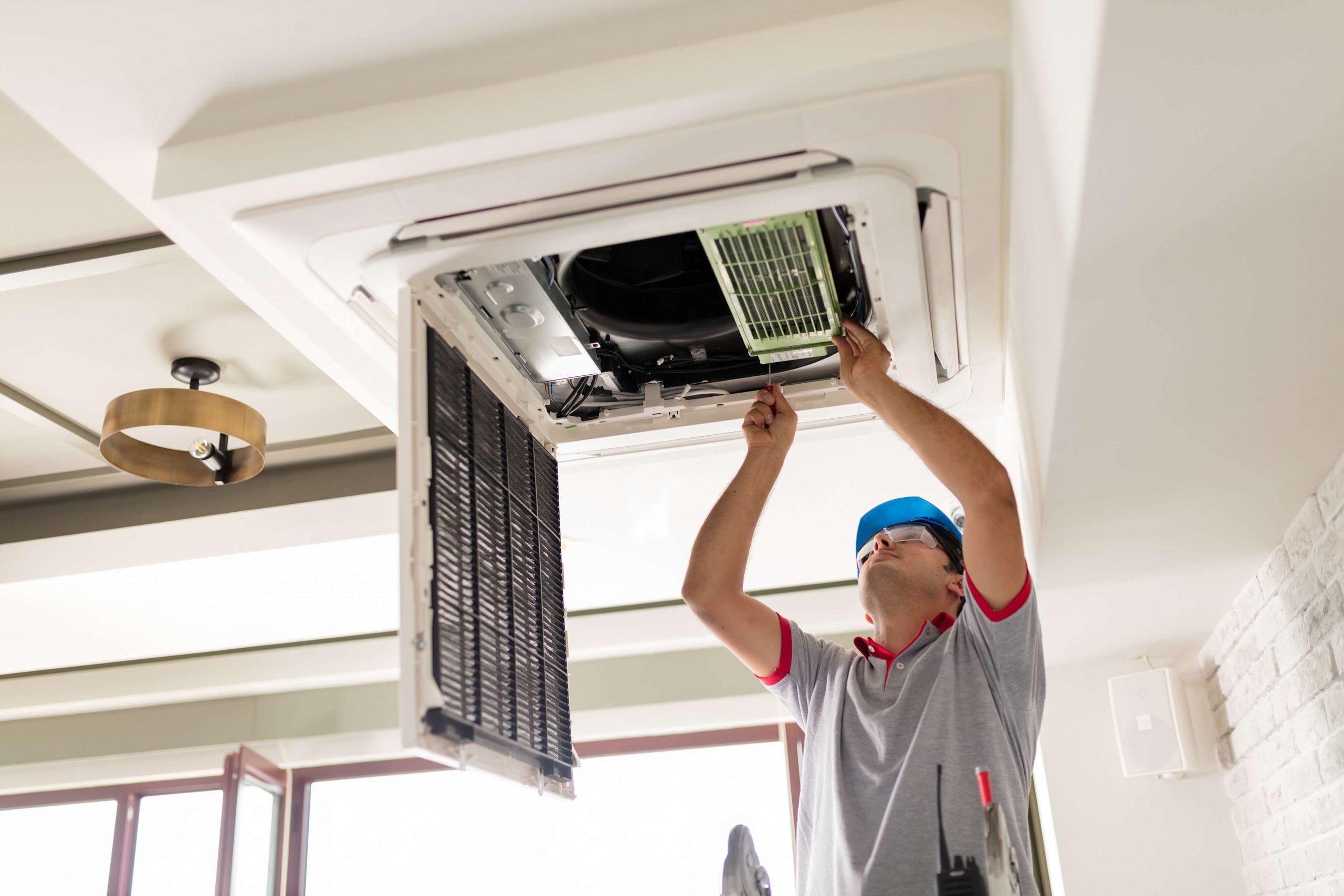Installing a new air conditioning system is a significant investment that can greatly enhance comfort and energy efficiency in your home. Whether you’re replacing an old unit or installing AC for the first time, understanding the installation process and key considerations is essential. This guide will walk you through everything you need to know about Air Conditioning Installation in Louisville KY.
Why Install a New Air Conditioning System?
Air conditioning installation offers several benefits, especially in areas with hot summers:
- Improved Comfort: A new AC system provides efficient and consistent cooling, maintaining a comfortable indoor environment.
- Energy Efficiency: Modern air conditioners are more energy-efficient, helping reduce utility bills compared to older units.
- Better Indoor Air Quality: Advanced filtration systems in newer AC units can improve indoor air quality by reducing dust, allergens, and pollutants.
Key Considerations Before Installation
Before installing a new air conditioning system, consider the following factors:
- Type of System: Choose between central air conditioning (duct-based), ductless mini-split systems, or heat pumps based on your home’s layout and needs.
- Size and Capacity: Ensure the AC unit is properly sized for your home to maximize efficiency and cooling performance.
- Energy Efficiency: Look for ENERGY STAR® rated units to save on energy costs and reduce environmental impact.
Steps Involved in Air Conditioning Installation
- Assessment: An HVAC technician will assess your home’s layout, insulation, and existing ductwork (if applicable) to recommend the best system and installation approach.
- Sizing and Selection: Based on the assessment, the technician will select the appropriate AC unit size and model that meets your cooling needs.
- Installation Planning: The installation plan will include positioning the indoor and outdoor units, routing ductwork (if necessary), and ensuring proper ventilation and drainage.
- Professional Installation: Experienced technicians will install the AC system, including mounting the indoor unit, connecting refrigerant lines, and wiring the electrical components.
- Testing and Calibration: After installation, the system will be thoroughly tested to ensure proper airflow, cooling capacity, and thermostat calibration.
Tips for Choosing an HVAC Contractor
Selecting the right HVAC contractor is crucial for a successful air conditioning installation:
- Credentials: Choose a licensed, insured, and experienced contractor with a solid reputation for quality workmanship.
- References and Reviews: Check customer reviews and ask for references to assess the contractor’s reliability and service quality.
- Estimates and Contracts: Obtain detailed estimates that include equipment costs, labor, warranties, and project timelines.
Top Benefits of Professional Installation
- Safety: Professional installation ensures compliance with building codes and safety standards.
- Warranty Coverage: Most manufacturers require professional installation to validate warranty coverage.
- Optimal Performance: Proper installation maximizes the efficiency and lifespan of your air conditioning system.
Conclusion
Installing a new air conditioning system requires careful planning and expertise to ensure optimal performance and efficiency. By following this guide and partnering with a reputable HVAC contractor, you can enjoy enhanced comfort and energy savings for years to come.
